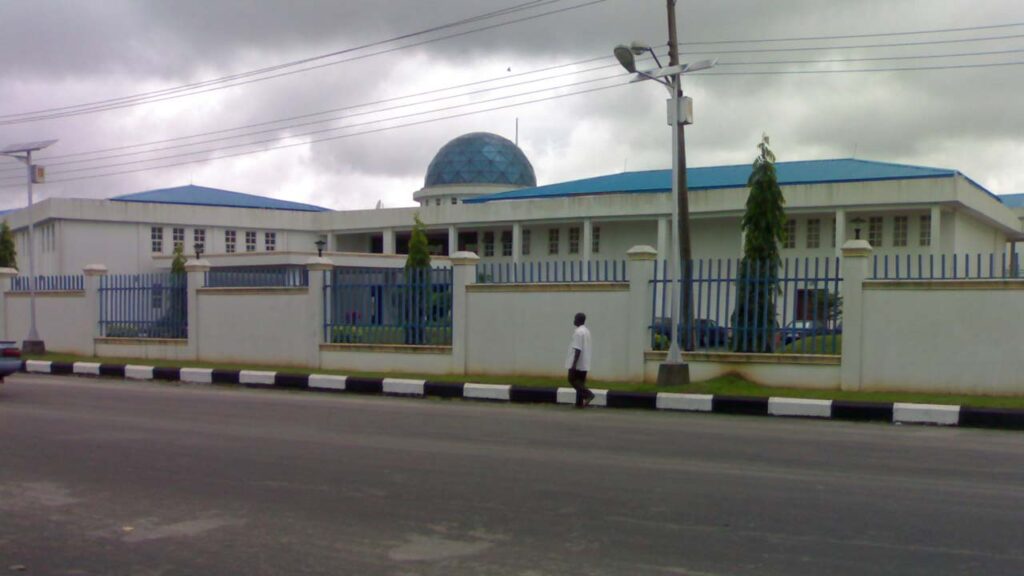
The strategies being considered will specifically address areas of prevention, provision and protection.
The preventive measures will address how systems can be strengthened in terms of putting some specific structures on ground while provision will deal with ensuring that education is made available to the people and protective measures will see to it that the public are enlightened coupled with engagement of the communities.
At the opening of a three-day meeting on the annual review on implementation of the ECOWAS plan of action to combat trafficking in persons held in Abuja yesterday, the Director of Humanitarian and Social Welfare, Dr. Daniel Eklu, told member states that part of the commission’s protection strategy will include the establishment of national referral mechanism, ensuring appropriate capacity and capability for institutional and non-institutional care of victims and protection support assistance to witnesses and prosecution including the application of proactive, reactive and disruptive methods specifically within law enforcement, the use of community policing and labour inspections and financial investigations.
Eklu said the uniqueness of the review stemmed from the fact that the commission has the support of the Free Movement and Migration (FMM) consortium based on a programme of support from the European Union while the counter trafficking component is supported by the consortium members of the IOM, ICMPD and the ILO. He said these partnerships are capable of driving the course of the commission at ensuring that human trafficking becomes history in the region.
He said human trafficking has its links with child labour and forced labour, noting that it is women and children who are usually most vulnerable when the issue of human trafficking arises adding that all member states must recommit and exhibit greater determination in dealing with the menace.
The FMM suggested that the only better way to fight trafficking in West Africa is to improve skills and knowledge of the people. Its representative at the meeting, Emmerentia Erasmus, said the sub-region is undergoing rapid changes in population dynamics, which affect migration patterns. She said with the knowledge that mobility has its associated benefits such as access to employment and remittances; same can increase vulnerability to exploitation and trafficking in children, women and men for labour and exploitation, domestic servitude, sexual exploitation and exploitation through begging.
The representative of the International Organisation for Migration (IOM) Enira Krdzalic, said the project to combat human trafficking was launched with the aim of supporting ECOWAS commission and its member states and its civil society to implement the principles of free movement and enhance migration management in the region.











